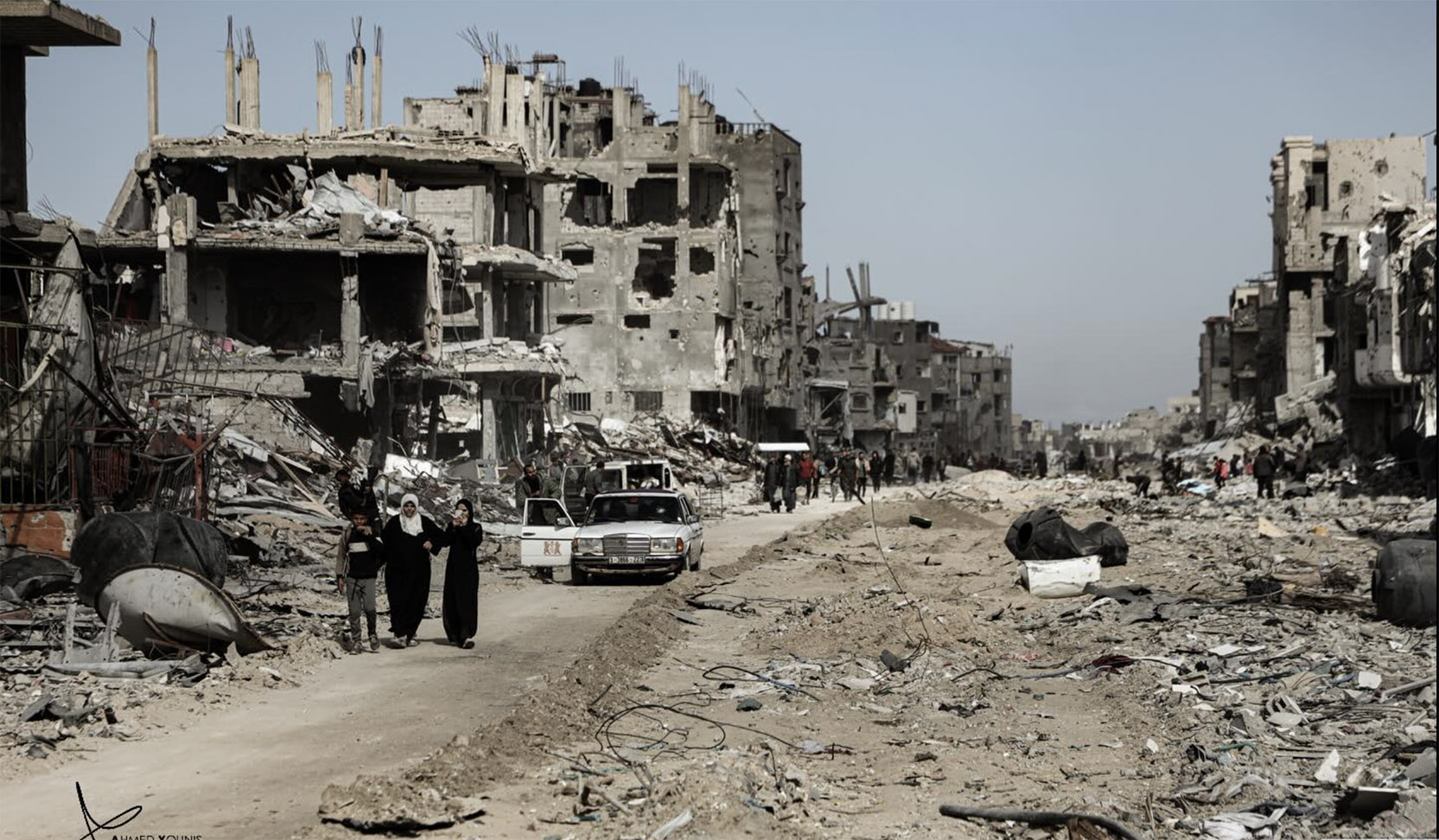
For Avi Shlaim and Gilbert Achcar, the genocide in Gaza is a turning point, one from which there...
13 FEBRUARY 2026 • By Rebecca Ruth Gould
In "This Arab Life," Amal Ghandour looks at the absurdity of Trump's so-called "Board of Peace" for Gaza.
30 JANUARY 2026 • By Amal Ghandour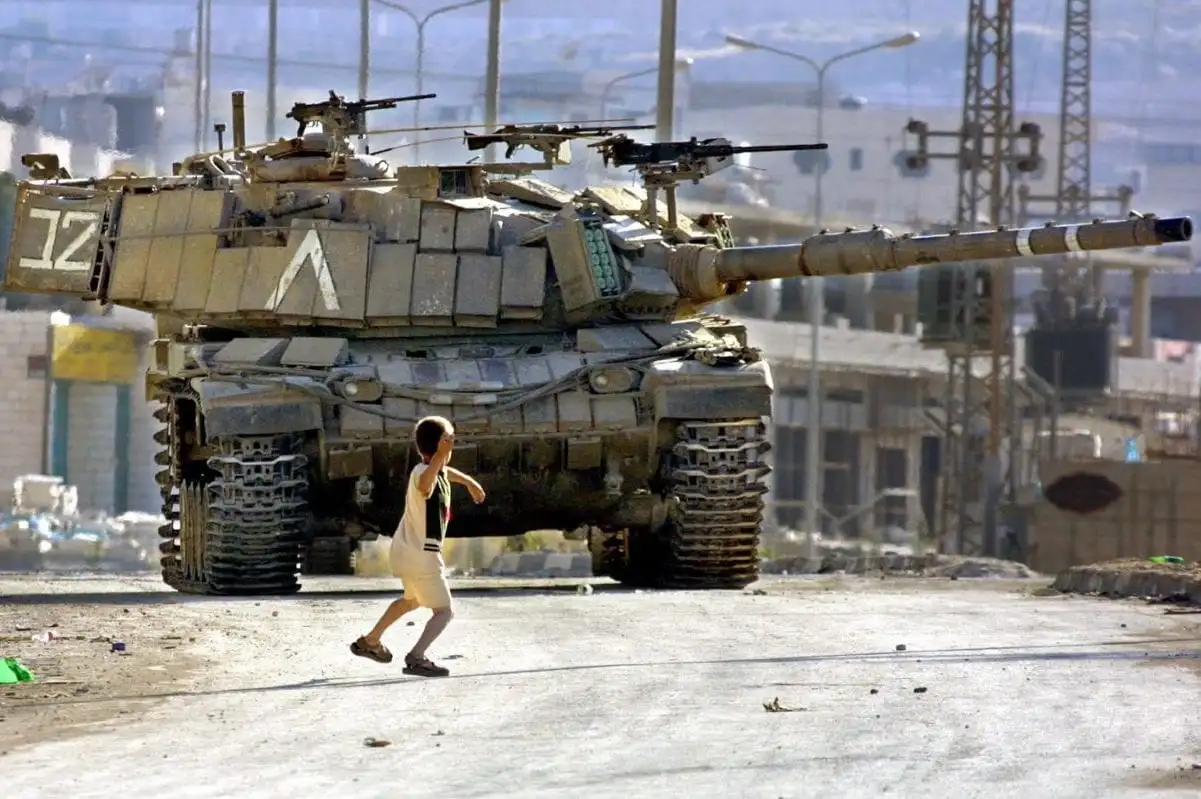
In today's dissonant reality, many countries feel like they need protection from Israel.
30 JANUARY 2026 • By Sheryl Ono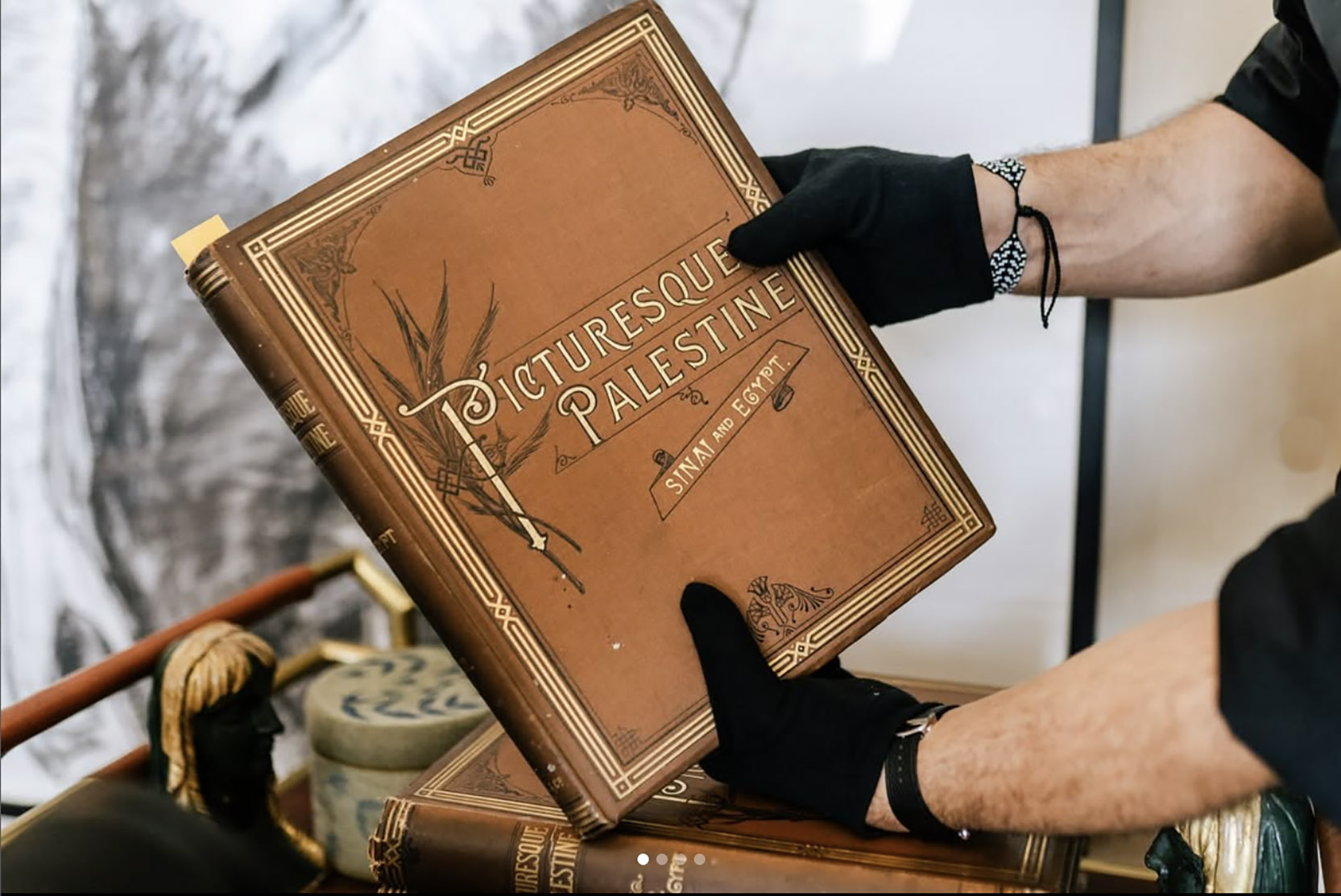
Palestinian artists have long turned their people’s struggle into vibrant expression.
30 JANUARY 2026 • By Gabriel Polley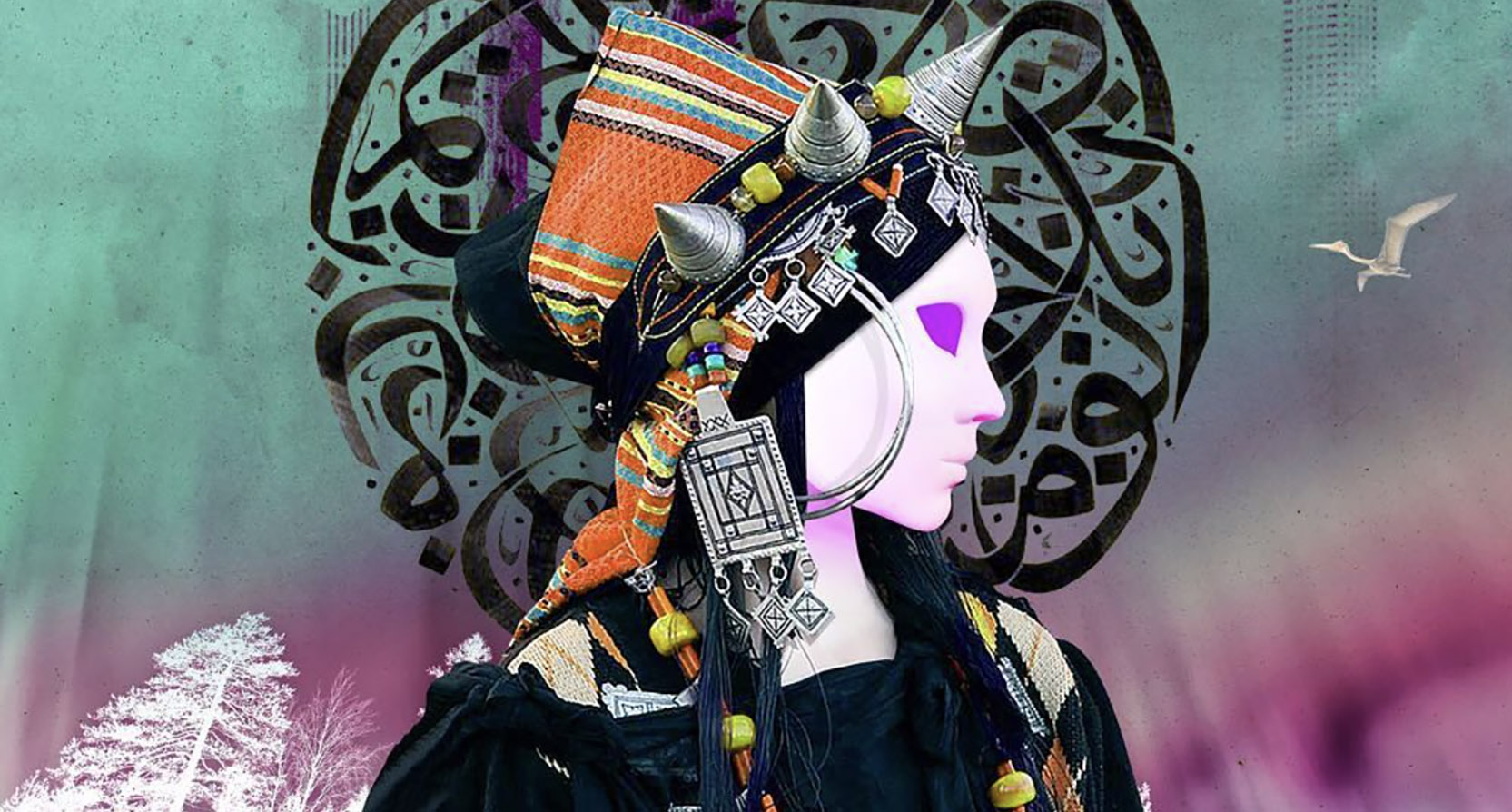
Amal Ghandour reflects on a 2025 rich with tragedy, disappointment, and political smoke and mirrors.
19 DECEMBER 2025 • By Amal Ghandour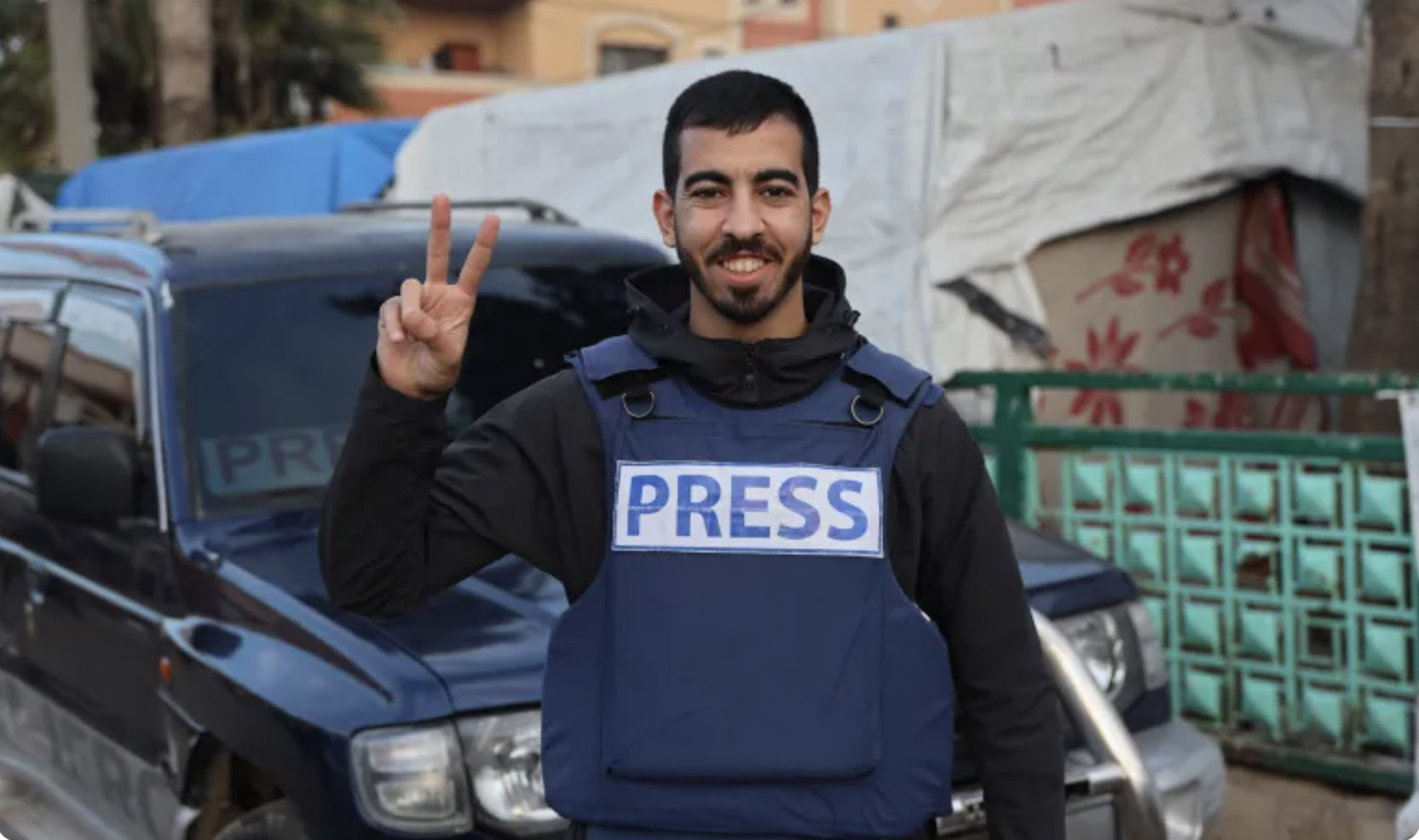
Omar Zahzah demonstrates how Big Tech and social media platforms threaten freedoms and promote violent interests.
28 NOVEMBER 2025 • By Maura Finkelstein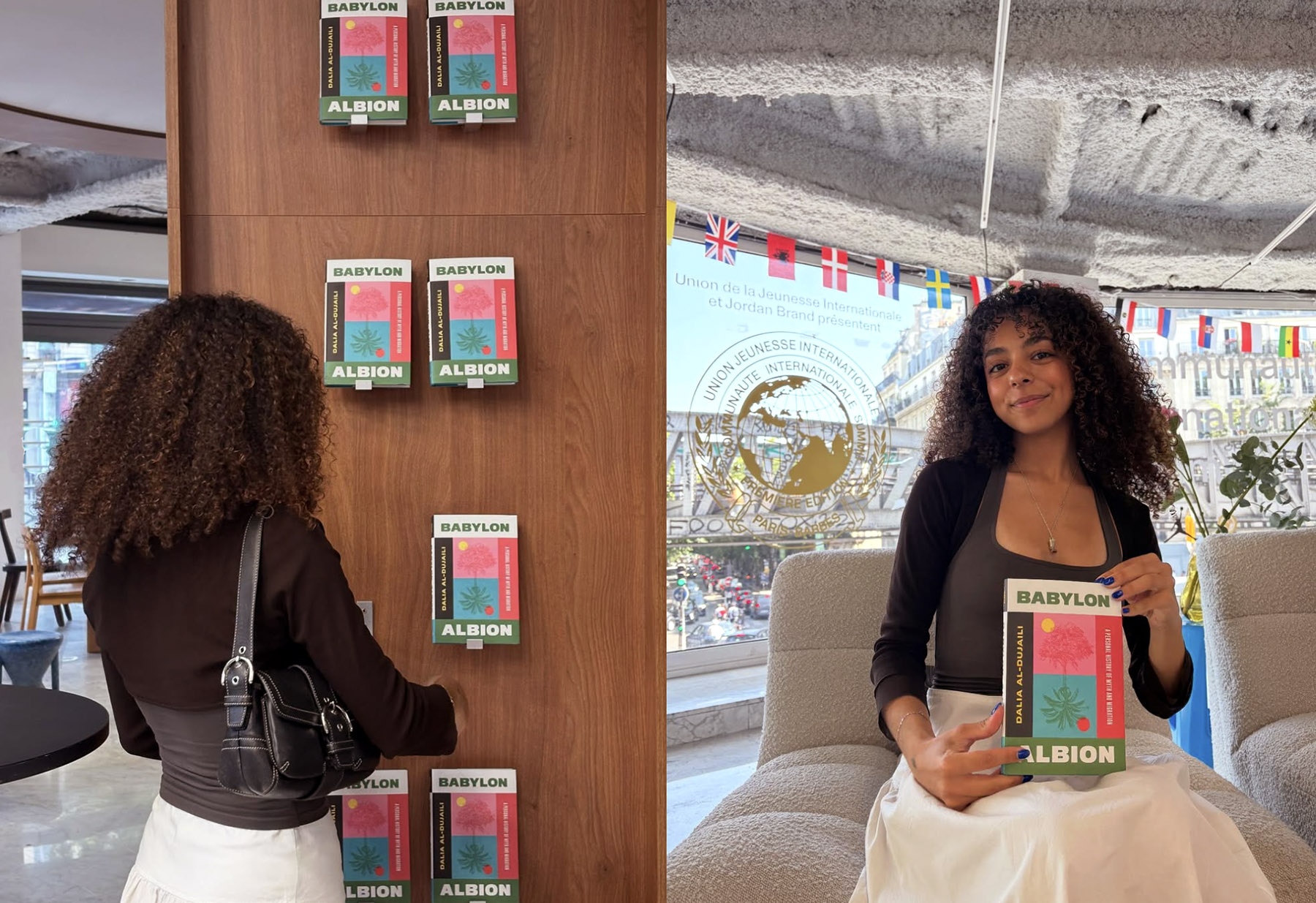
Al-Dujaili shows how global crises connect us and reveal our shared humanity.
6 NOVEMBER 2025 • By Noshin Bokth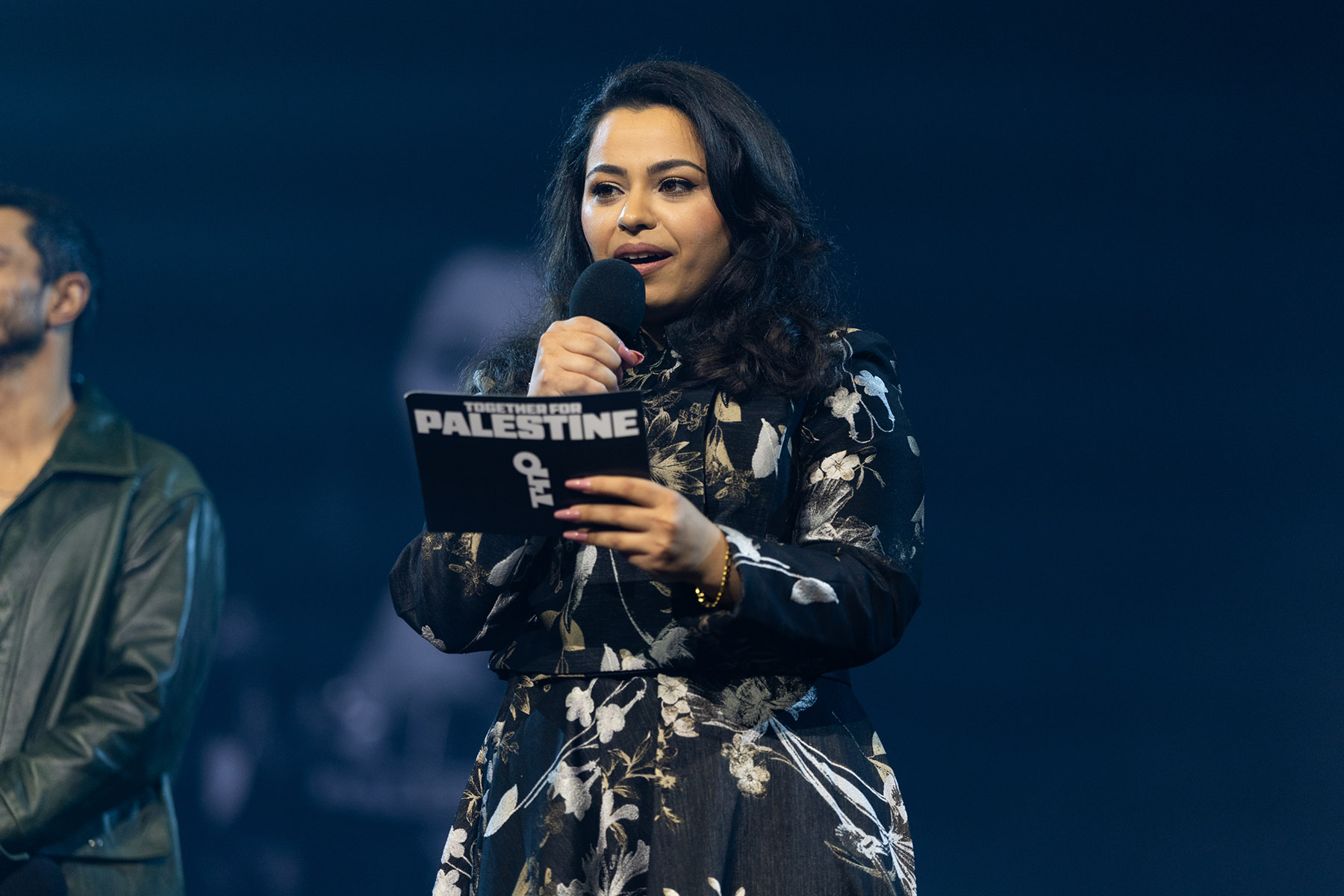
At Brian Eno’s concert, 150 artists and 12,500 attendees raised funds for Gaza and called for sanctions against...
19 SEPTEMBER 2025 • By TMR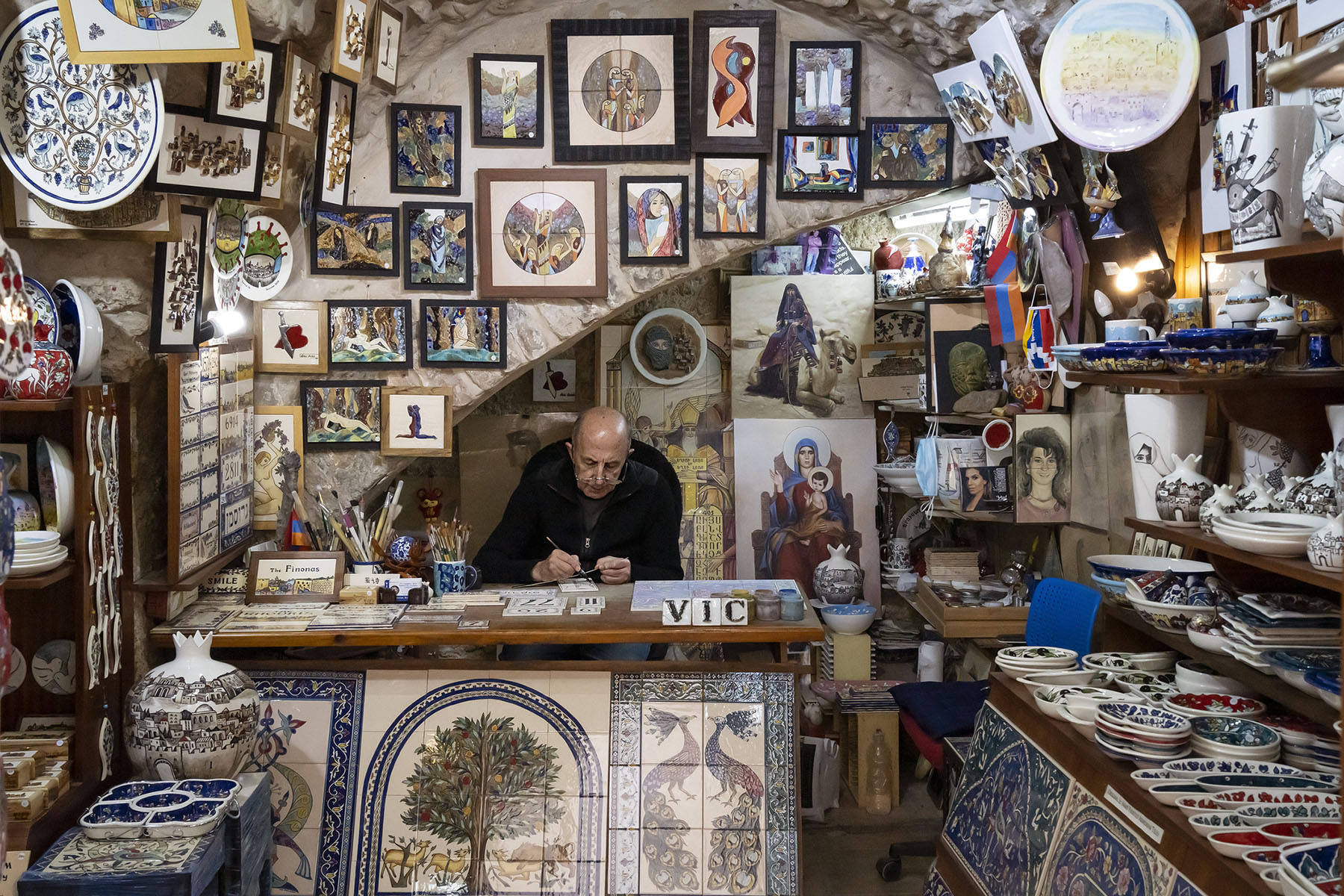
A new book examines the history of colonization and the ongoing parallels between the conflicts in Artsakh and...
19 SEPTEMBER 2025 • By Gabriel Polley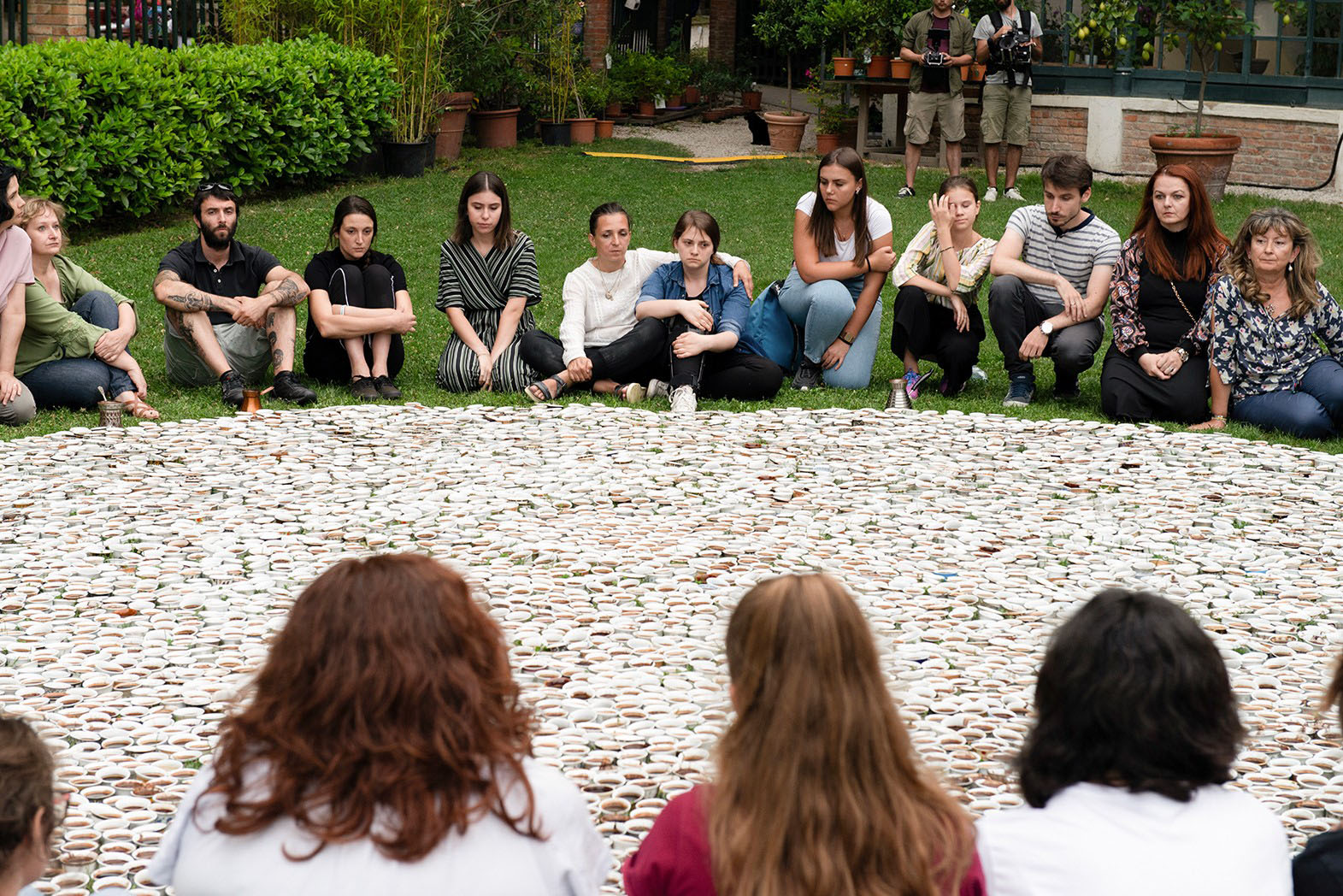
Bosnian-American artist Šehović marks the Srebrenica Genocide with an installation of cups filled with coffee — unsweetened and...
18 JULY 2025 • By Claudia Mende
When one poet declines to participate on the international stage in Edinburgh, supporters of Palestinian human rights are...
18 JULY 2025 • By Jordan Elgrably
Aaron Bushnell, the U.S. serviceman who self-immolated to protest the genocide in Gaza, has become a modern Palestinian...
11 JULY 2025 • By Hadani Ditmars